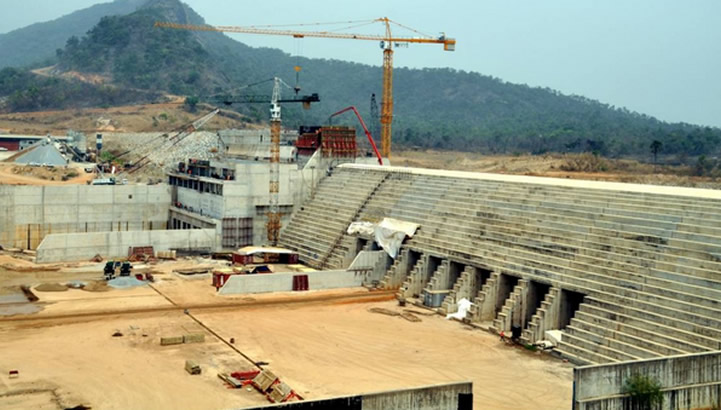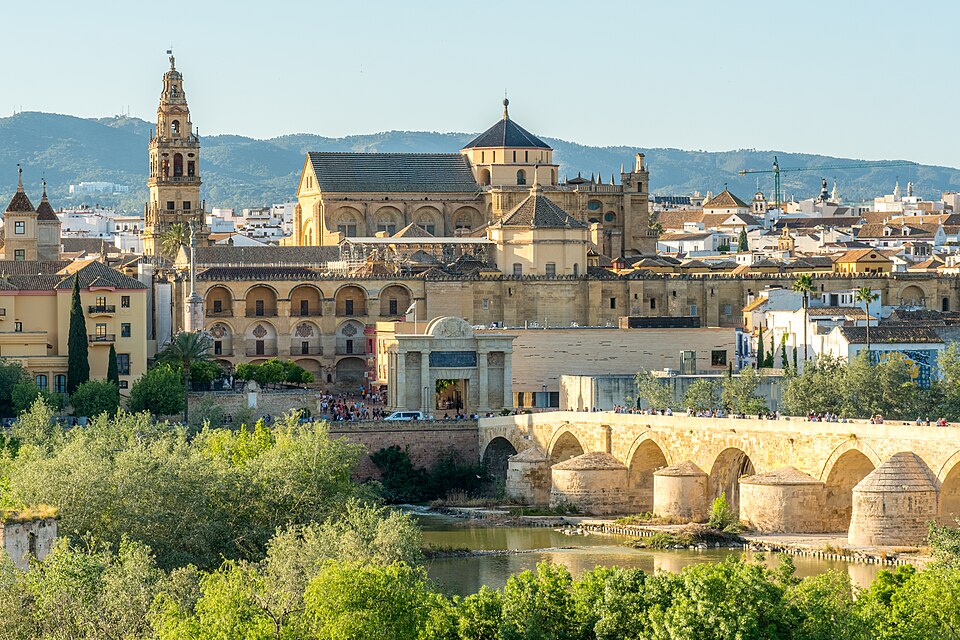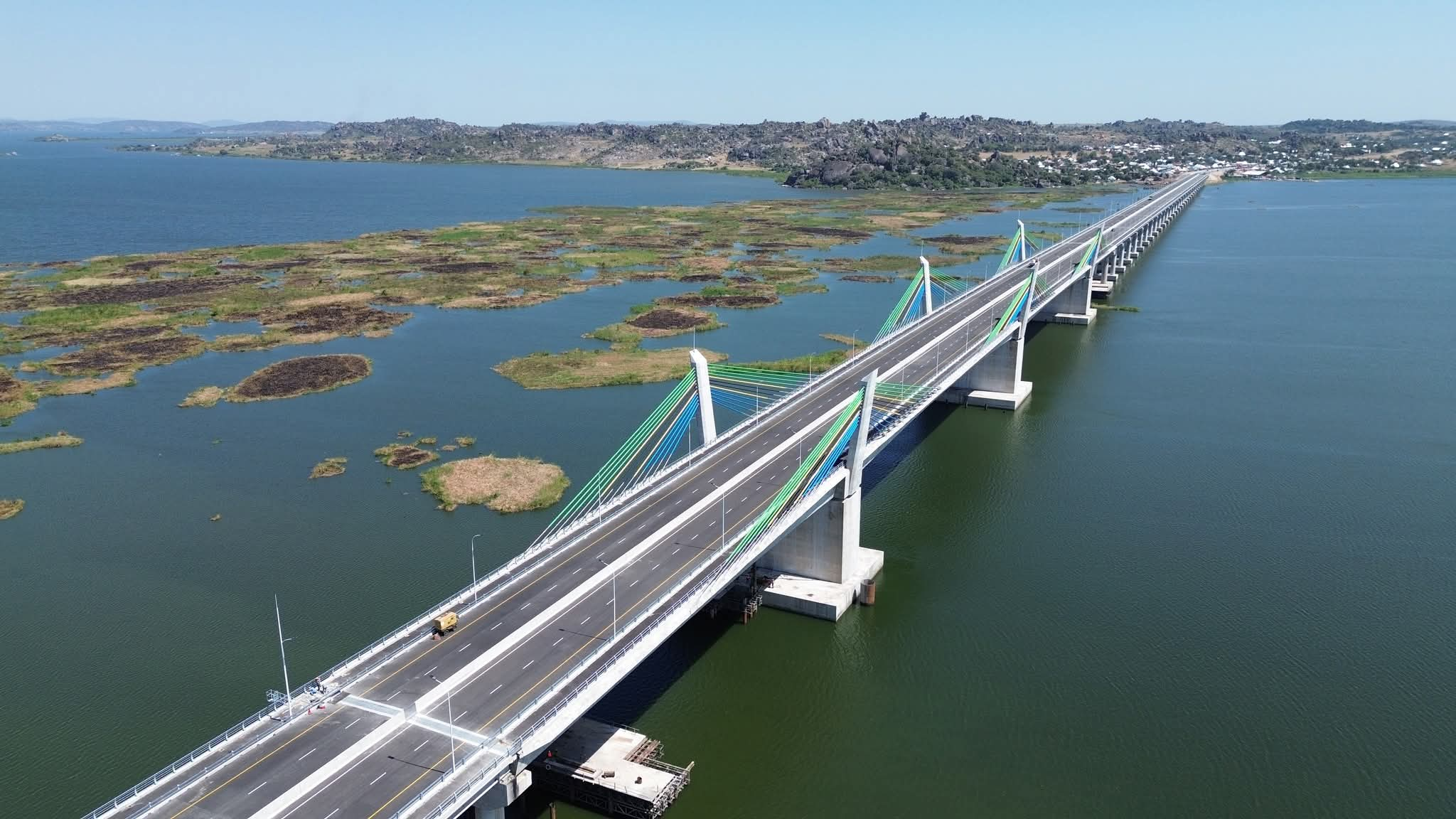MAMBILLA HYDROELECTRIC POWER STATION: A Transformational Project Mired in Controversy

Did you know that the 3,050 megawatt Mambilla Hydroelectric Power Station, if it had been completed, would have been the largest power-generating installation in Nigeria, and one of the largest hydroelectric power stations in Africa?
The Mambilla Hydroelectric Power Station is a 3,050 MW hydroelectric power project under development in Nigeria. The power station is located in Kakara village, in Taraba State, Nigeria, near the town of Gembu, close to the border with Cameroon.
Constructed in 1982, the main Mambilla Dam is a large roller-compacted concrete dam and reservoir at 1,300 metres (4,300 ft) above sea level. From this dam, water is diverted off the reservoir towards the western side of the plateau through four hydraulic tunnels totaling 33 kilometres (21 mi), intercepted by four smaller dams, namely Nya, Sum Sum, Nghu, and Api Weir. Beyond these dams, the tunnels lead into a 1,000 metres (3,300 ft) drop shaft tunneled down through the rock to a massive underground power station with a generating capacity of 3,050 MW (4,090,000 hp). Passing through a short tunnel, the water then exits the base of the plateau and flows into a tributary river that rejoins the Donga River downstream of the plateau.
On 30 August 2017, the Federal Executive Council (FEC) was said to have approved the award of the construction contract to a consortium of Gezhouba Group, Sinohydro, and CGCOC Group. The Mambilla Hydropower Plant Project has been planned for over 40 years. The first preliminary feasibility study for the Mambilla Hydropower Plant was reportedly carried out by Moto Columbus in 1972, but attempts to construct the power station up to now have been unsuccessful.
The total cost of the project is budgeted at US$5.8 billion. The Exim Bank of China agreed to lend 85 percent (US$4.93 billion) towards the construction. The funds will be paid directly to the construction consortium in tranches, as the work progresses. The Federal Government of Nigeria was claimed to have committed to contribute 15 percent (US$870 million) of the construction costs.
In November 2017, there were attempts to start construction of this power station. However, due to various constraints, including landslides, and a lawsuit at the International Court of Arbitration, the project stalled again. In February 2020, following the resolution of the lawsuit, there were fresh attempts to resume construction. Construction is expected to take at least seven years from start to finish, due to the technical complexity of the project. A more realistic completion date is 2030.
Construction of this power station is expected to generate 50,000 temporary and permanent jobs. The power generated will be sold to the Transmission Company of Nigeria (TCN), which will transmit it to two locations, where it will be integrated into the Nigerian electricity grid; one 330kV high voltage transmission line will connect to Jalingo and two to Makurdi. The entire new planned high voltage transmission system measures over 700 kilometres (435 mi).
However, the project has continued to be enmeshed in controversy and dogged with lawsuits. Sunrise Power, a company promoted by Leno Adesanya, had, on October 10, 2017, started arbitration against Nigeria at the ICC seeking a $2.354 billion award for “breach of contract” in relation to a 2003 agreement to construct the 3,050MW plant on a “build, operate and transfer” (BOT) basis.
But the Nigerian government has maintained that Olu Agunloye, then minister of power, acted outside of his powers when he awarded the contract. In addition, Nigeria is also alleging fraud and corruption in the award and in the subsequent settlement agreements reached in an attempt to settle the dispute. Meanwhile Agunloye who is currently on trial for his alleged role in the contract saga has denied all allegations.
Two former presidents have also denied the validity of the contract and settlement agreements. In an interview with TheCable, former President Olusegun Obasanjo challenged Agunloye to tell Nigerians where he derived the authority to award a $6 billion contract to Sunrise from. Agunloye later issued a statement insisting that he had Obasanjo’s approval — although it turned out it was a letter of comfort his principal approved to be issued to Sunrise and not a go-ahead to award the contract. Former President Muhammadu Buhari also denied authorising the settlement entered into with Sunrise by Abubakar Malami, his Attorney General of the Federation.
SOURCES: Wikipedia | TheCable | Image credit: Punch
#penglobalfactfile #power #Mambilla


_1755775186.jpg)
